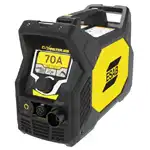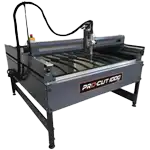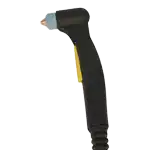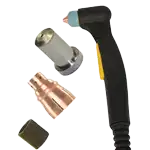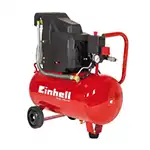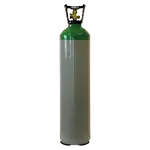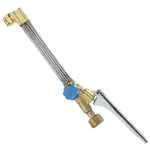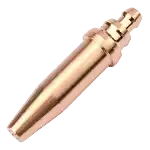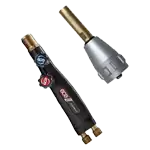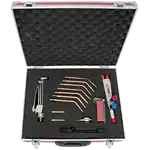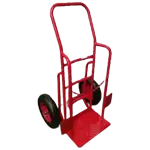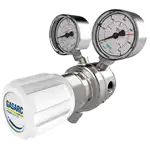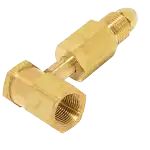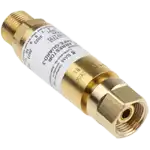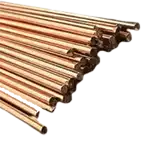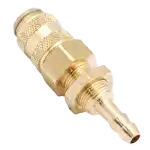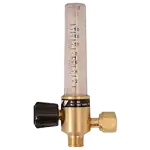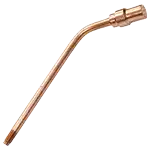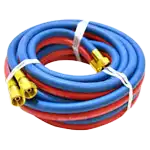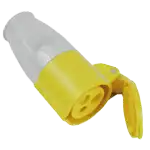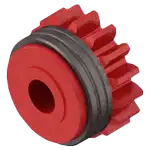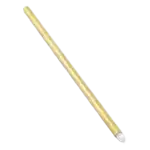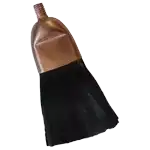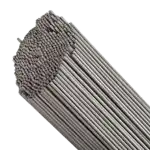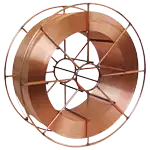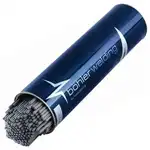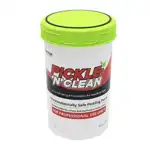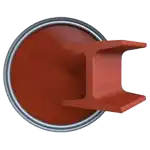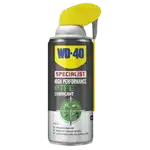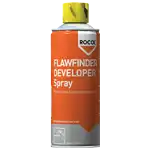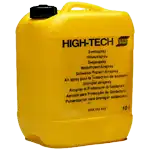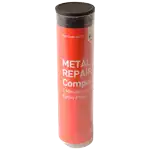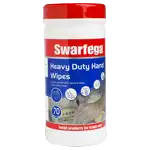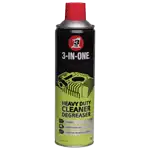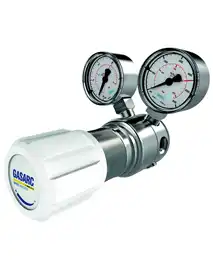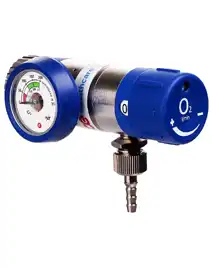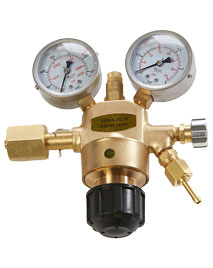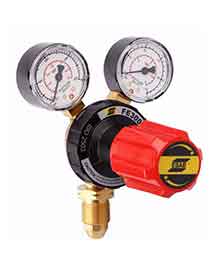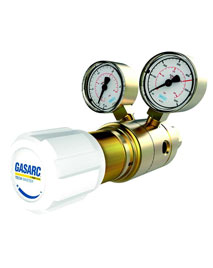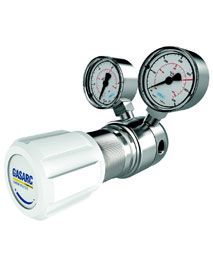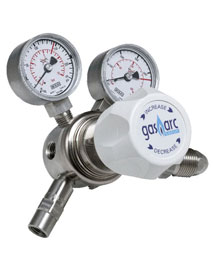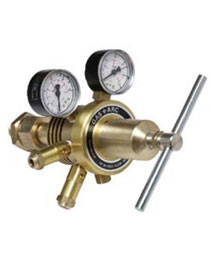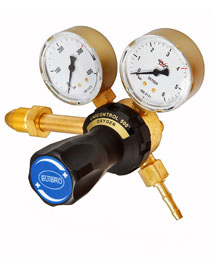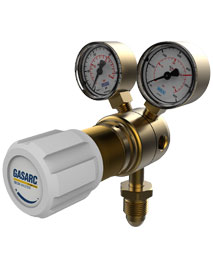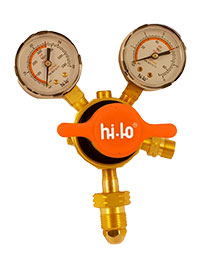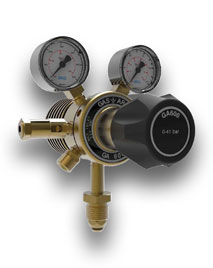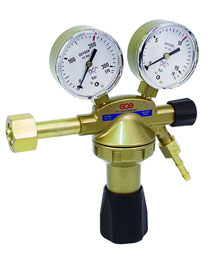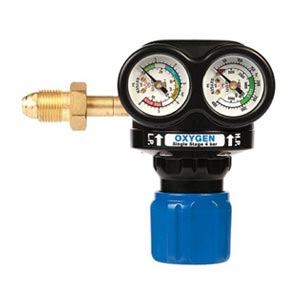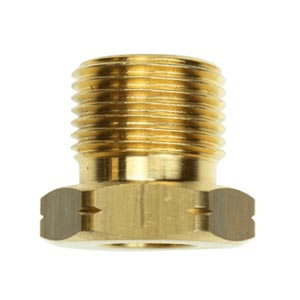This website uses cookies so that we can provide you with the best user experience possible. Cookie information is stored in your browser and performs functions such as recognising you when you return to our website and helping our team to understand which sections of the website you find most interesting and useful.





Home / Shop / Gas Supplies / Gas Regulators


Buy Now, Pay Later In 3 Interest-Free Payments
In the demanding world of industrial operations, precision and safety are paramount. That’s where industrial gas regulators come in – the workhorses behind countless processes. These rugged regulators tame the high-pressure contents of gas cylinders and pipelines, meticulously reducing it to a stable, usable pressure for your specific application. Whether you’re feeding a towering furnace, powering a delicate welding operation, or supplying a precise gas mixture for research, industrial gas regulators ensure consistent flow and optimal performance. Look for regulators designed to handle the specific pressures and flow rates of your chosen gas (oxygen, nitrogen, argon, etc.). Material considerations like brass or stainless steel provide durability in harsh environments, while features like bursting discs and pressure relief valves prioritise safety for your personnel. Investing in high-quality industrial gas regulators isn’t just about efficiency, it’s about safeguarding your operation and ensuring a smooth, reliable workflow.
FAQs
What type of industrial gas regulator do I need for my specific application?
This is a crucial question as different gases have varying pressure requirements and flow rates. Industrial regulators come in a variety of configurations to handle specific gases (CO2, helium, propane, etc.) and desired outlet pressures. Understanding your application, whether it’s welding, heat treating, or chemical processing, will guide you towards the right regulator for optimal performance and safety.
What safety features should I prioritise when choosing an industrial gas regulator?
Safety is paramount in industrial settings. Look for regulators equipped with bursting discs or pressure relief valves. These features automatically release excess pressure in case of malfunction, preventing dangerous equipment failure. Additionally, consider features like high-temperature shutoff valves that automatically stop gas flow in case of overheating.
What materials are best suited for my industrial gas regulator?
The material of your regulator should be compatible with the gas you’re using and the environment it will operate in. For example, brass regulators are cost-effective for some applications, but stainless steel provides superior durability and corrosion resistance, especially for harsh environments or highly reactive gases.
